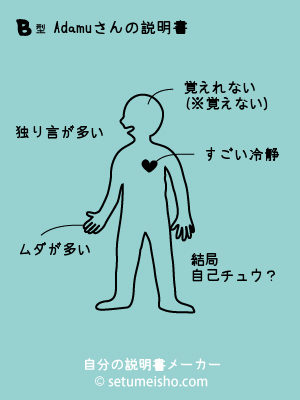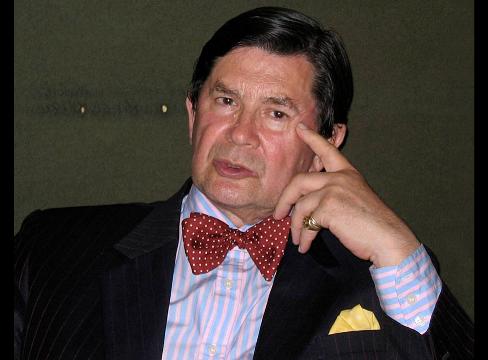One of our more popular posts continues to be Roy’s link back in 2005 to addictive flash game “Nanaca Crash” in which you try to control how far a young man bounces after being run into by an anime Japanese schoolgirl on a bicycle. Give it a try!
Four years later, I am only now learning of the game’s hentai origins:
Cross Channel (officially spelled CROSS†CHANNEL) is an eroge for the Windows and PlayStation 2 platforms. The Windows version was released on September 26, 2003, and the PS2 version (CROSS†CHANNEL~to all people~) on March 18, 2004.
…
StoryGunjo Gakuen (Deep Blue School) is a facility designed to gather and isolate those students who got a high score on an adaptation exam (Scoring high on this exam indicates that the student is less likely to be able to be adapted to the society) mandated by the government.
After a failed summer vacation with other members of the school’s broadcasting club, Taichi Kurosu and some of the other club members return to the city, only to find that all living creatures within it except for the club members have completely vanished. In order to confirm the status of the outside world, Taichi decides to gather other club members to help Misato Miyasumi, the president of the broadcasting club, who is trying to set up a broadcasting antenna to contact any possible survivors. However, Taichi soon discovers that the world is actually repeating the week after they found the others vanished…
…
Nanaca Crash!! (officially spelled NANACA†CRASH!!) is an online spin off game featuring characters from Cross Channel. The object of the game is to click, hold and release the mouse button to determine the angle and velocity of Nanaka crashing her bicycle towards Taichi, sending him flying across the screen. Your score is determined by the distance of his flight. Certain characters he crashes into will greatly affect his velocity.






